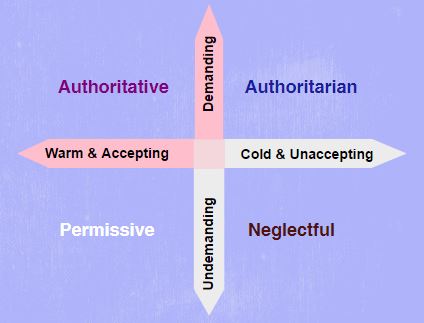Parenting Styles’ Impact on Child’s Development
Jun 05, 2023
This essay explains how different parenting styles can influence a child’s development. The four primary parenting styles are authoritative, authoritarian, permissive, and uninvolved.
Authoritative parents demonstrate high responsiveness to their children's needs while also having clear expectations. They provide clear guidelines and structure for their children but also allow them the freedom to make mistakes in order to develop independence. Authoritative parenting is often associated with increased psychological adjustment, academic success, and social competence in children.
Authoritarian parents have strict rules that must be followed without any exception or negotiation from their children. This style of parenting involves little communication between parent and child as well as minimal warmth or nurturing from the parent figure. Children raised in this environment may struggle with self-esteem and have difficulty forming relationships outside of the family.

Permissive parents are highly responsive to their children but provide few expectations or limits. This style leaves children without any structure and can lead to increased risk taking behavior as well as lower academic performance.
The last parenting style is uninvolved, which is characterized by minimal responsiveness from the parent and a lack of interest in the child's life experiences. Uninvolved parents don't provide emotional support, guidance, or even basic needs such as food, clothing, or protection for their children. Children raised in this environment often develop feelings of insecurity and low self-esteem while also struggling with academic achievement.
It is important that parents understand how their parenting style affects their child’s development. Parents should strive to foster a supportive and structured environment in order to help their child reach their full potential. By understanding their parenting style, parents can work to make positive changes and create an environment that promotes growth and healthy development.
It is also important for parents to recognize that children are not identical clones of each other, and they will likely have different needs at different stages of development. For example, a toddler may require more structure than an adolescent while still allowing them appropriate freedom to explore the world around them. Therefore, it is essential for parents to take into account individual temperaments, interests, abilities, and personalities when considering the best approach for their child’s upbringing.
